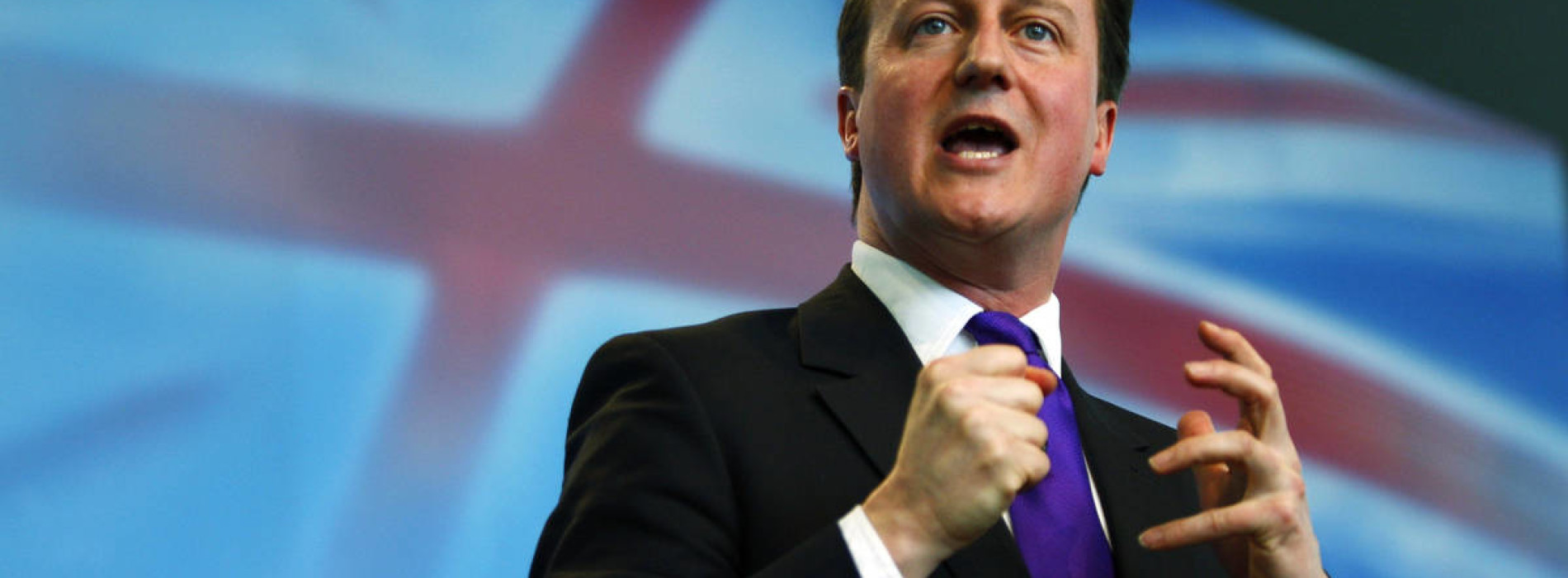Should They Stay or Should They Go? The UK to Answer the Classic Lyric
In less than two weeks citizens from around the UK will be heading to the polls to elect their leaders for the next political cycle. Like every election, there are a plethora of issues facing the candidates and the electorate. But this election could have far reaching consequences, ones that transcend the UK’s official geographic borders. Similar to the referendum on Scottish independence earlier this year, Prime Minister David Cameron (a Conservative Troy) has vowed to hold a referendum to opt out of the European Union in 2017 should he win reelection. Like most government institutions the EU is a mix of positives and negatives steeped in a slew of bureaucratic red tape. Originally created at the end of World War II, when leaders like Winston Churchill were calling for a more united and peaceful Europe, the purpose was to provide a stable cooperative to a continent that had seen its fair share of warfare. Today, the EU has grown from its original six members of Belgium, France, Germany, Italy, Luxembourg and the Netherlands to a body of 28 nations, including the UK who officially joined in 1973. While the EU promotes free trade, easy movement, a common currency and a lack of war among its nations, membership has a price. Member nation lose autonomy. When nations join the EU they adopt the fiscal and legal policies enacted by the leaders in Brussels. At times these policies run contrary to the wishes and needs of individual countries. This is where the UK finds itself now.
Britain’s lack of adoption of the Euro has saved it from the fiscal fates of countries like Greece and Spain, but other internal issues important to the conservative leadership call for actions on matters such as immigration. Actions the EU says the UK cannot take. Whereas withdrawal from the EU seems like a logical answer in order to regain complete autonomy, the UK’s withdrawal could be seen as step down in power on the world stage.
Since the end of its time as a colonial power Britain has maintained a standing on the world stage by way of her economic power, involvement in world affairs, and sheer weight of her history. That said, as the balance of powers begins to shift in the world, if the UK walks away from the EU her prominence could falter. Though economically ranked high, population and geography make the UK a small nation. As countries in Europe, those inside and outside the EU, continue to rebound from the world recession, the BRIC countries (Brazil, Russia, India and China) have continued to see consumer growth pushing them further ahead. While walking away from the EU seems a strong statement for autonomy, does it open the UK up to other unknown risks—loss of economic ties loss of power status, strife with allies? The questions are easy, the answers are hard.


